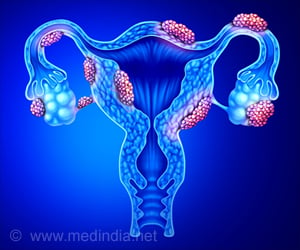President Bush on Friday signed into law a bill (HR 1132) that reauthorizes CDC's National Breast and Cervical Cancer Early Detection Program through fiscal year 2011.
President Bush on Friday signed into law a bill (HR 1132) that reauthorizes CDC's National Breast and Cervical Cancer Early Detection Program through fiscal year 2011. The program provides Pap tests and other screenings for qualified women ages 18 to 64 and mammograms for qualified women ages 40 to 64. To qualify, women must be uninsured and have annual incomes lower than 250% of the federal poverty level.
Under the Breast and Cervical Cancer Prevention and Treatment Act, enacted in 2000, states can request an expansion of their Medicaid programs to include uninsured women younger than age 65 diagnosed with breast or cervical cancer.Women who qualify receive medical coverage throughout their cancer treatment, with the federal government covering up to 85% of the cost of treatment. The measure authorizes the HHS secretary to waive requirements for awarding breast and cervical cancer grants to states that meet certain conditions.
The legislation will provide $275 million annually for the program for the next five years, an increase from $202 million annually, according to the American Cancer Society Cancer Action Network. "This is an effective program," Bush in a statement said, adding, "Since its creation, the program has conducted nearly seven million cancer screenings, it's diagnosed thousands of cases of breast and cervical cancer, and it's helped educate women about the importance of early detection."
The program is projected to conduct about 700,000 screenings in 2007, Bush said. Rep. Sue Myrick (R-N.C.) said she hopes the bill's reauthorization raises awareness of the program particularly among minorities and women living in rural communities.
Source-Kaiser Family Foundation
SRM











